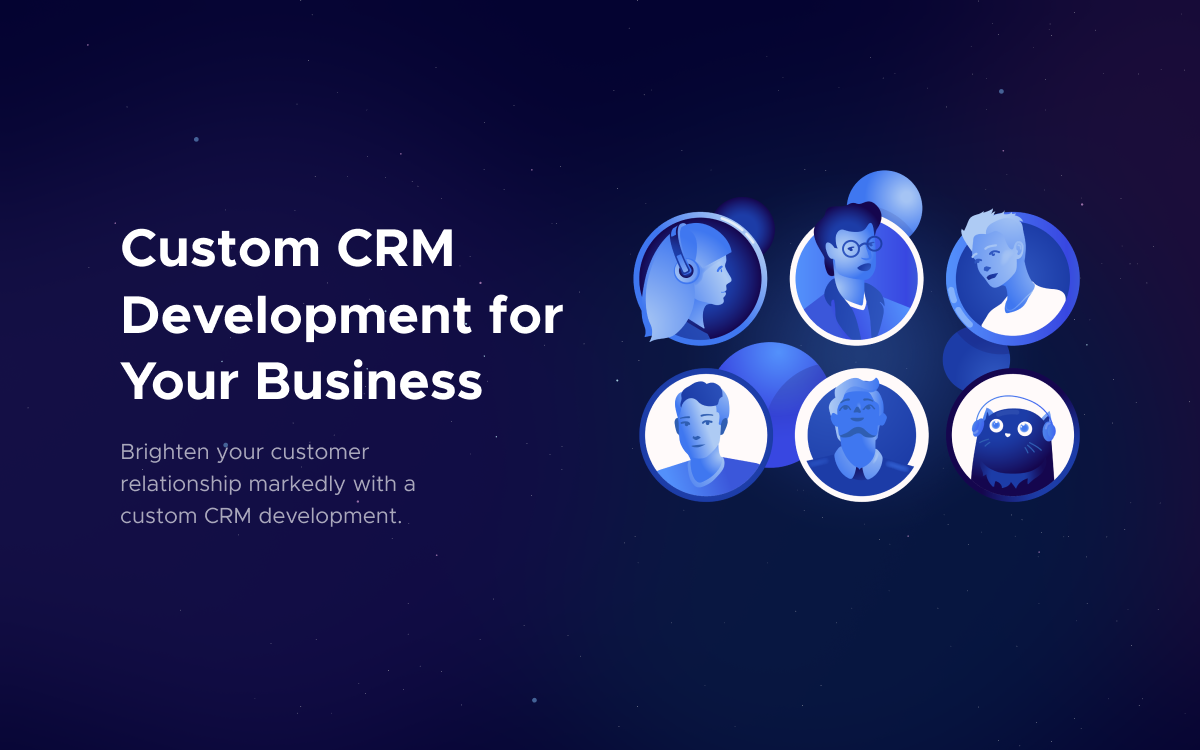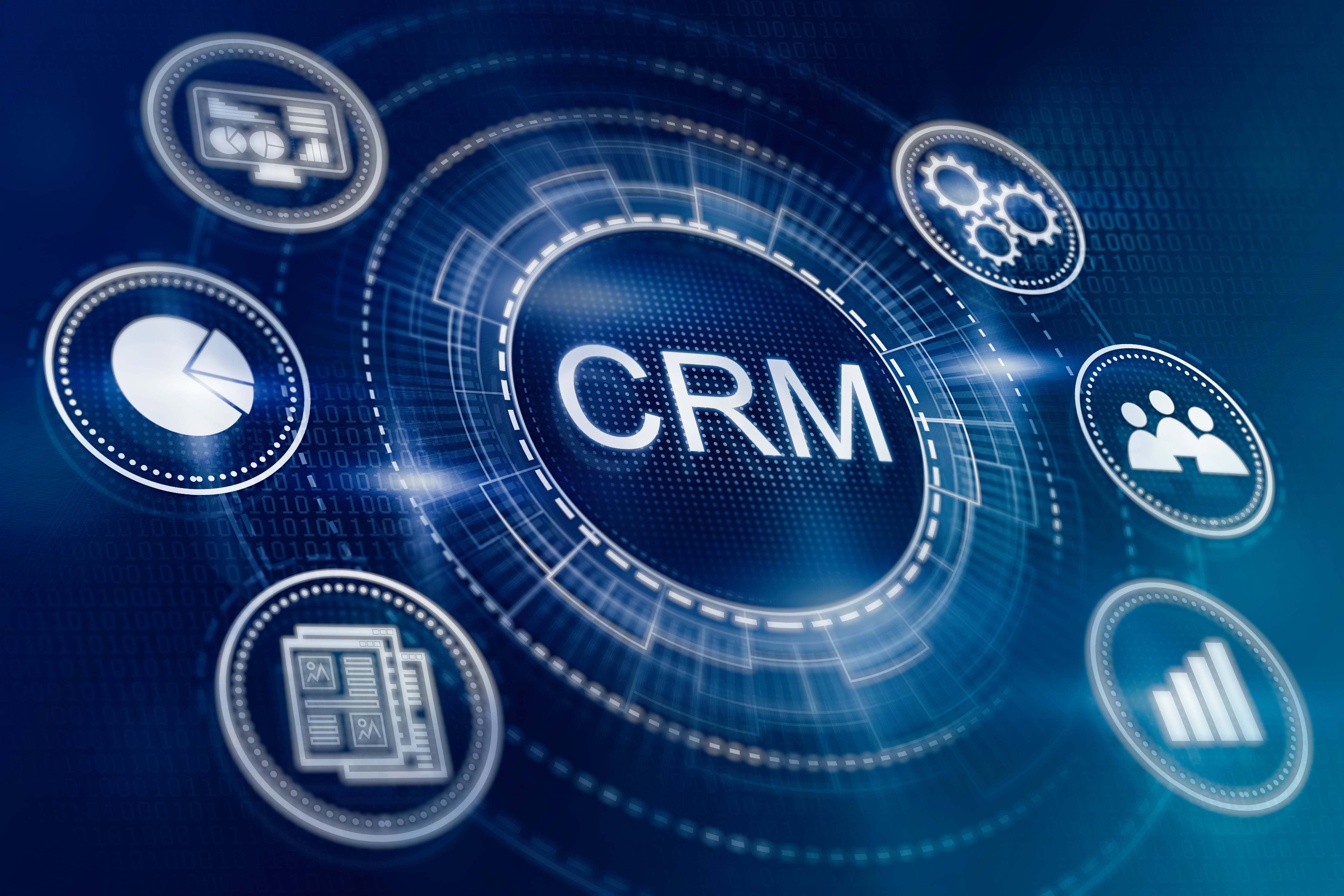Custom CRM development company plays a pivotal role in the digital transformation of businesses, empowering them with tailored solutions that streamline operations, enhance customer relationships, and drive growth. This in-depth exploration delves into the intricacies of custom CRM development, providing insights into its benefits, processes, features, technologies, and emerging trends.
The content of the second paragraph that provides descriptive and clear information about the topic
Custom CRM Development Overview: Custom Crm Development Company

Custom CRM development involves tailoring a CRM system to meet the specific needs of an organization. This allows businesses to have a system that aligns with their unique processes, industry requirements, and customer interactions.
Custom CRM development offers several benefits, including improved efficiency, enhanced customer satisfaction, increased sales, and better decision-making. By tailoring the system to the organization’s specific requirements, businesses can streamline their operations, gain valuable insights into customer behavior, and make data-driven decisions.
Types of CRM Systems
There are different types of CRM systems available, each designed to cater to specific business needs. These include:
- Operational CRM:Automates and manages day-to-day customer interactions, such as sales, marketing, and customer service.
- Analytical CRM:Analyzes customer data to provide insights into customer behavior, trends, and preferences.
- Collaborative CRM:Facilitates collaboration between different departments and teams within an organization to improve customer engagement.
- Strategic CRM:Provides a long-term perspective on customer relationships, helping businesses make informed decisions about customer acquisition, retention, and growth.
Examples of Custom CRM Development Projects, Custom crm development company
Custom CRM development projects can vary in scope and complexity depending on the organization’s needs. Some examples include:
- Developing a CRM system for a healthcare provider to manage patient records, appointments, and billing.
- Creating a custom CRM for a financial institution to track customer interactions, loan applications, and investment portfolios.
- Building a CRM system for a retail company to manage customer loyalty programs, track sales, and provide personalized recommendations.
CRM Development Process

The CRM development process involves a series of steps that ensure the successful implementation of a customized CRM solution. These steps involve planning, analysis, design, development, testing, and deployment.
The key stakeholders involved in the CRM development process include business users, IT professionals, and CRM vendors. Business users provide input on the business requirements and functionality needed in the CRM system. IT professionals ensure the technical feasibility and integration of the CRM system with existing IT infrastructure.
CRM vendors provide expertise in CRM software and implementation best practices.
Timeline for the CRM Development Process
The timeline for the CRM development process varies depending on the complexity of the project. However, a typical timeline includes the following phases:
- Planning: 1-2 weeks
- Analysis: 2-4 weeks
- Design: 2-4 weeks
- Development: 4-8 weeks
- Testing: 2-4 weeks
- Deployment: 1-2 weeks
Final Thoughts

In conclusion, custom CRM development company stands as a transformative force, enabling businesses to harness the power of technology to achieve their strategic objectives. By embracing innovation and leveraging the expertise of skilled developers, organizations can unlock the full potential of CRM solutions, empowering them to thrive in the competitive digital landscape.